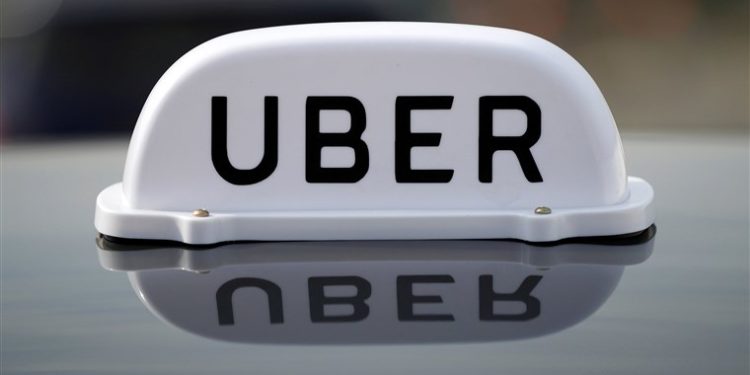Uber, Jumia, Netflix…. businesses that may be affected by FIRS’ new VAT policy
Businesses operating in Nigeria’s internet space are preparing to add value-added tax (VAT) to their cost of doing business.
Babatunde Fowler, executive chairman of the Federal Inland Revenue Service (FIRS) recently announced that the service will extend its tax net by charging 5% VAT on online transactions.
Since its inception, the Muhammadu Buhari-led administration has made attempts to increase government’s revenue.
In collaboration with the FIRS, Kemi Adeosun, the administration’s first minister of finance, introduced programmes like the Voluntary Assets and Income Declaration Scheme (VAIDS) and Voluntary Offshore Assets Regularisation Scheme (VOARS), which mandates citizens to pay tax on offshore assets.
Adeosun and Zainab Ahmed, the current minister of finance, budget and national planning, have also made statements about Nigeria having a revenue problem, not a debt problem.
Although the FIRS has not released the details of how this directive will be carried out, checks by TheCable suggests that these under-listed businesses will be affected.
DOMESTIC SHOPPING WEBSITES
With the advent of the internet in Nigeria, a number of domestic shopping websites have found a place in Nigeria. The most popular of these shopping websites are Jumia and Konga.
These platforms offer a wide range of products and services which are all web-based.
One might argue that these platforms carry some items that VAT has already been considered in the final retail price. These are some of the fine details that the FIRS will work out.
FOREIGN SHOPPING WEBSITES
According to the 1993 VAT act which was amended in 2007, “any service received from outside Nigeria other than those listed in appendix 1 to this Circular (i.e. the list of exempted goods and services) attract VAT at the normal rate of 5%”.
In a recent interview, Folwer said it does not matter if the item has already been vatted in its originating country.
“If you reside here, have your business here, and you make a purchase outside the shores of this country, you’re expected to pay VAT. Whether the invoice from that foreign merchant includes VAT in its bill to you or not,” he said.
TECH COMPANIES
The directive will apply to these companies on products that are sold locally. This is because the VAT act states that all non-oil exports are zero-rated.
For example, Andela would be required to remit VAT for software sold locally but this will not apply to software sold to foreign companies.
WEB-BASED TICKETING PLATFORMS
Thinking about attending that next Davido or Tiwa Savage show,? From January 2020, organisers who choose to sell tickets online would have to remit VAT to the FIRS. However, plays and performances conducted by educational institutions are exempted from VAT.
NETFLIX, IROKOTV
Subscriptions to these movie streaming services are carried out online. Entertainment services are not VAT-exempt hence, they will be required to remit VAT on their subscriptions when the directive becomes effective.
ITUNES
Like the movie streaming platforms, music streaming platforms like iTunes will also be required to remit VAT.
FACEBOOK, INSTAGRAM, TWITTER
Although these might appear like regular social media platforms, subscribers who use their promoted post services will be charged VAT. The VATable services may be more or less depending on the implementation framework released by the FIRS.
UBER, BOLT, GOKADA, O’PAY
These transportation companies rely on the internet to connect with customers and riders. Like the local shopping websites, they are directly affected by this policy.
INSTAGRAM VENDORS
According to the FIRS boss, banks will act as collection agents for the new policy. Instagram vendors often require that customers pay money into accounts registered with the names of their businesses.
These accounts could be pointers to business transactions for banks.
ONLINE LOGISTICS COMPANIES
A lot of companies and businesses depend on delivery/dispatch/logistics companies to complete their transactions. Some of these logistics companies carry out the majority of their transactions online thereby making them eligible to pay VAT.
Transactions carried out on platforms like Remita could also be affected by this directive, however, the FIRS would be the final judge of the businesses to exempt. (The Cable)


